What do you think?
Rate this book
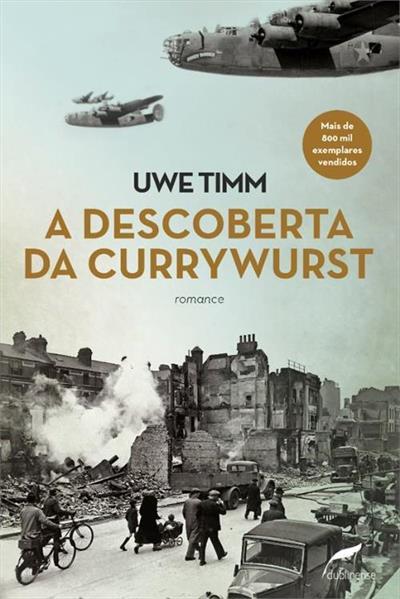

192 pages, Paperback
First published January 1, 1993
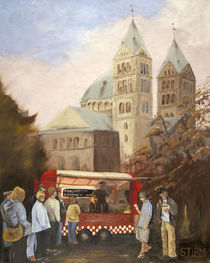






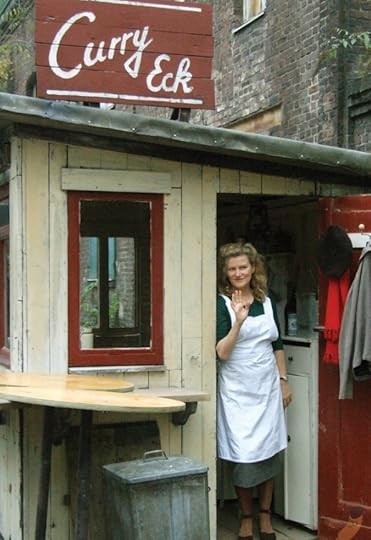
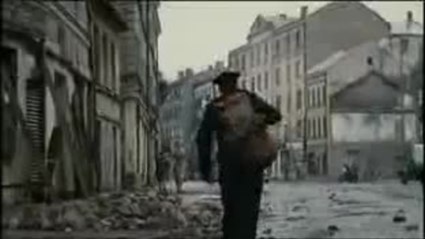
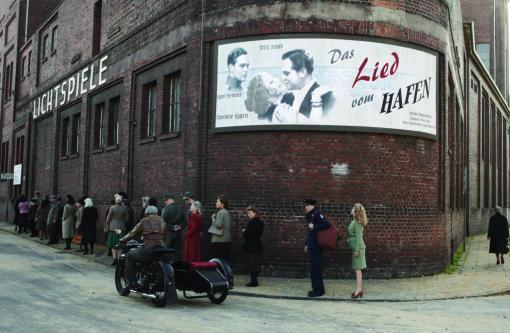

But don't get me wrong. This book is not a recipe book or just a story of the invention. It is about a nation's emotional suffering from the backlash of playing that dreadful part in World War II. It is about adultery and Nazism. It is about the ubiquitous Currywurst as a symbol of post-war German cultural integration back to the world.